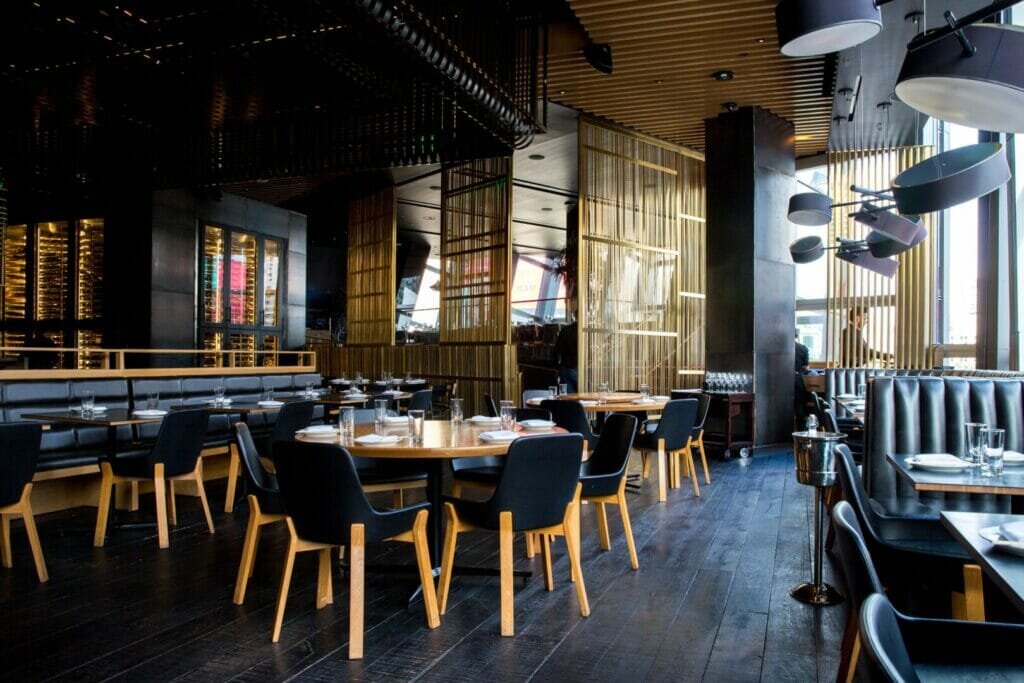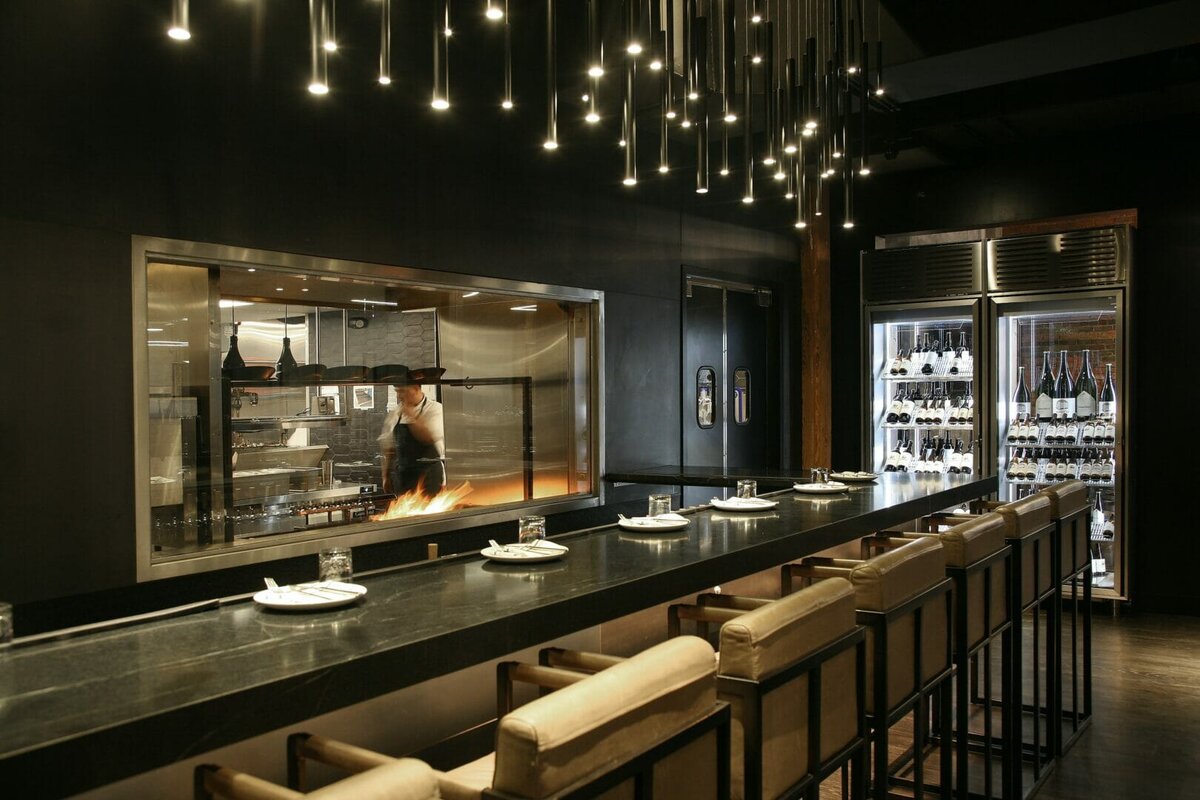The spinning plates keep stacking up for hospitality. With the pressure on for operators to maintain the guest experience while drastically reducing fuel consumption, tackling plastic waste and solving supply issues simultaneously. Hotel operators need simple solutions they can implement now, says Joshua Carter, Head of Key Accounts at BRITA VIVREAU.
There’s no escaping the fact that running a thriving hotel operation that provides consistent, quality services and top-class leisure spaces requires a 24/7, energy-heavy environment that produces a sizeable amount of waste (including plastic and food).
A hotel’s private and shared spaces need to be lit, powered, heated, cooled, catered and more – and operators will already be aware of the unprecedented rise in energy costs affecting their budgets, and the impact that this energy use has on the planet – in fact, 92% of decision makers we asked are concerned about rising energy costs[1].
The sector has cautiously welcomed the government’s Energy Bill Relief Scheme, which is now backed up by the Energy Prices Bill announced in the parliament on 12 October, but hospitality’s waste- and carbon-reduction targets remain, as do other soaring costs and staffing pressures, which demand additional action from operators as the colder months draw in.
Hotels have of course experienced fluctuating levels of energy consumption and waste production in recent years, especially when these buildings were either completely closed or operating at a much-reduced capacity for prolonged periods of time during the pandemic. So now that people are once again flocking to hotels – with many more opting to stay in the UK rather than be faced with the threat of cancelled flights abroad – they have brought with them increased and more sustained energy usage.
Hotel operators are already tuned into the importance of lowering buildings’ energy usage to do their part to protect the planet – 72%[2] of decision makers we surveyed confirmed they have goals and targets in place to decrease their overall environmental impact, but 86%[3] believe their business could be doing more work on this.

Some major challenges to hotel businesses trying to find ways to lower their energy usage include cost (66%), time (42%) and team resource (29%)[4] – yet BRITA found that nearly half of decision makers leave equipment on unnecessarily in their buildings overnight (including air conditioning units, computers, printers, and AV/TV setups). Moreover, 65% do not know how much energy their equipment uses during this time[5].
Identifying sources of unnecessary energy use overnight is one way that operators can reduce a building’s carbon footprint without incurring additional costs or using up valuable team resource.
As well as rising energy bills, single-use plastics have also been attracting particular media and consumer scrutiny as the government’s Plastic Tax is now in force, applying to plastic packaging manufactured in, or imported into the UK, that does not contain at least 30% recycled plastic. There has already been a 10% reduction in consumer packaging between 2018 and 2020[6], and hotel operators can help to push this figure even further.
Consumers expect hotel brands they use to be actively improving their sustainability as a business and communicating their efforts. In fact, our research shows that when people are eating away from home, for example, two in five[7] want to see venues reduce their use of single use plastics such as disposable straws and cutlery (which of course impacts a hotel’s in-room hot drinks provision).
A useful way to reduce energy use and eliminate the need for single-use plastic in hotel spaces is to install energy-efficient equipment with product settings that boost a brand’s wider sustainable efforts, such as replacing refrigerated bottled water with water dispensers.
A hotel building used regularly by 100 employees alone – not even including guests – could save 506kg of plastic waste per year by using a water dispenser rather than plastic bottled water[8].
Consumer demand for this solution is there – 37%[9] have confirmed they want the opportunity to refill water bottles or get a glass of tap water as opposed to purchasing bottled water in single-use plastic bottles.
And in terms of energy-efficiency, dispensers such as the BRITA VIVREAU Extra C-Tap offer up to five water types (un-chilled or chilled still, semi-sparkling and sparkling – plus instant hot water e.g. for tea) with a useful boiler standby/night mode meaning it cuts energy consumption when it’s not in use.
Also, the BRITA VIVREAU Top Pro takes up very little space and can be incorporated seamlessly into high footfall areas like reception areas, staff rooms, and hotel gym or swimming pool changing rooms, negating the need for vending machines dispensing plastic bottles of water. The model can be floor-standing or countertop depending on the space and is available in two different capacity options depending on footfall (50l or 85l per hour) – dispensing four refreshing water types: un-chilled still, and chilled still, semi-sparkling and sparkling. The Top Pro benefits from high energy efficiency and utilises R290, a natural refrigerant for a cooling technology with zero impact on global warming
In addition, a new, even more space-saving option, with the added benefit of no CO2 hassle and available at a lower cost is the BRITA VIVREAU Top Pro Still that dispenses still water only.
Targeting areas across a hotel building that could benefit from swapping technology to something more energy-efficient, eliminates the need for single-use plastics, and is more sustainable in the long run. By turning off equipment overnight that is using energy needlessly, hotel operators can implement simple, actionable processes that can really help decrease their overall environmental impact.
[1] Invisible Waste, BRITA in collaboration with 3GEM, May 2022
[2] Invisible Waste, BRITA in collaboration with 3GEM, May 2022
[3] Invisible Waste, BRITA in collaboration with 3GEM, May 2022
[4] Invisible Waste, BRITA in collaboration with 3GEM, May 2022
[5] Invisible Waste, BRITA in collaboration with 3GEM, May 2022
[6] WRAP UK Eliminating Problem Plastics report February 2022
[7] BRITA Professional Sustainability by Numbers June 2021
[8] https://www.brita.co.uk/water-dispensers/products/vivreau-extra-c-shape
[9] BRITA Professional Sustainability by Numbers June 2021

